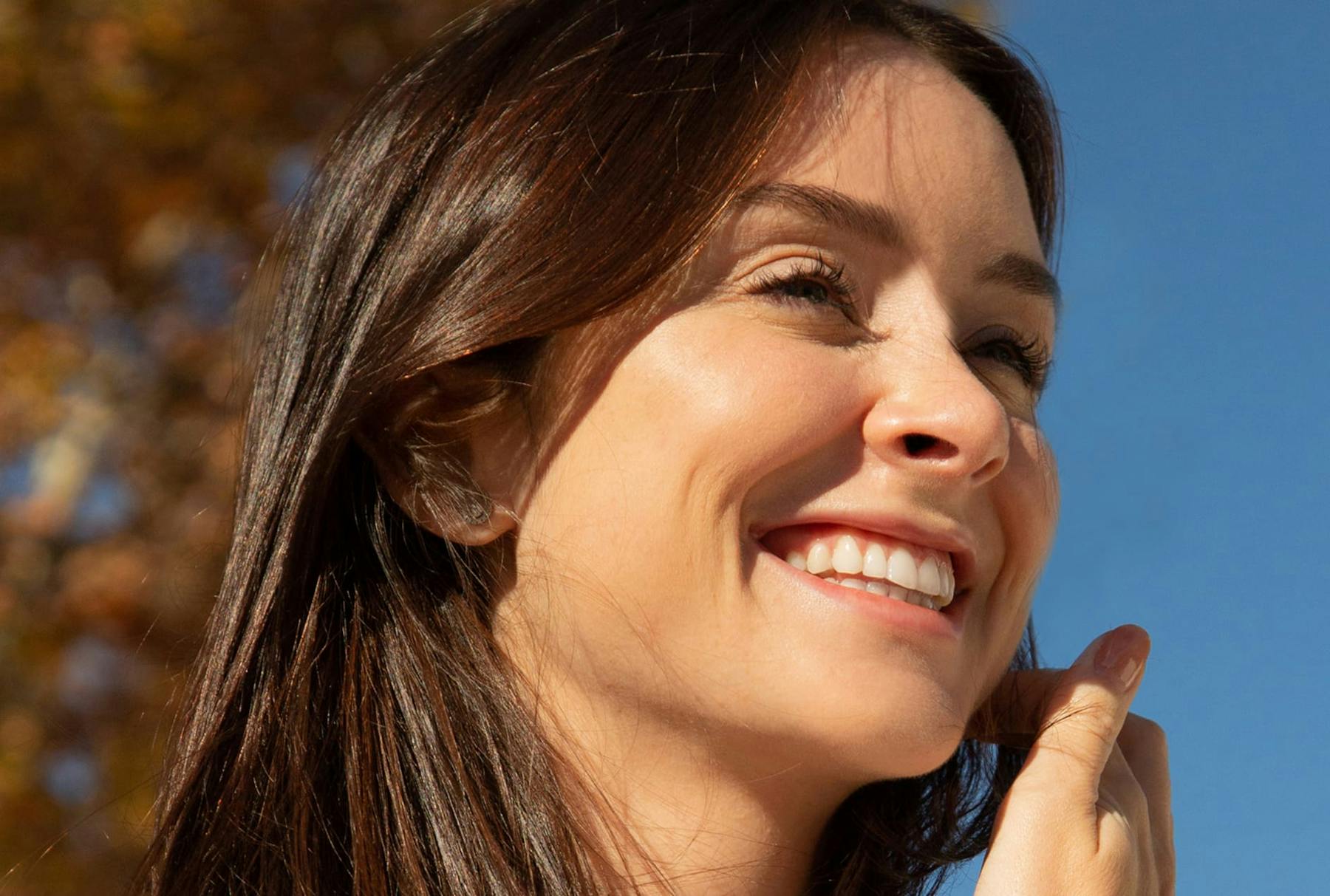
Rosacea is a common skin disease that can affect all kinds of skin. It is a chronic condition that is most frequently seen on people with very fair skin. It usually begins after a person reaches 30 years and starts with a temporary redness on the chin, nose and cheeks. Over time, the redness is not temporary and enlarged blood vessels may appear. If the condition is not treated, an individual may develop red bumps and pimples. Most people complain of extreme sensitivity with burning and stinging. In severe cases, the skin may become thick and coarse, and the eyes may be affected.
Along with different symptoms, people also have different causes for rosacea flare-ups. The best way for a person to find out what causes their flare-ups is to watch carefully what they do and eat, so that when they have a flare up, they may be able to detect some underlying causes.
Keeping a rosacea journal is one way to learn about your triggers. When you keep a record of things such as the weather, your alcohol consumption and the amount and kind of exercise you do, you may be able to see that one or more of these always precedes your rosacea flare-ups. When you have a consultation with our specialist, this record can help the specialist diagnose the cause of your rosacea flare-ups and create a customized treatment.
Some of the most common triggers for rosacea flare-ups and the means for preventing them are:
• Exposure to direct sunlight: According to a survey by the National Rosacea Society, 81 percent of participants said that exposure to the sun was the number one cause of a flare up. The prevention is a broad-spectrum sunscreen with an SPF of at least 15, even during the winter. Wind can also be a trigger, so we recommend you wear a hat and scarf.
• Hot weather and high temperatures: Hot baths and saunas are triggers, as well as sitting by a fire. These can increase blood flow. The prevention is to avoid these things, as well as very cold weather. Cold wind can also be a trigger.
• Certain food: Spices, hot soup, certain broad beans, yogurt, chocolate, vinegar and soy sauce are just a few of the foods that may be a trigger. The prevention is to avoid these foods. This includes alcohol consumption.
• Cosmetics: Certain cosmetics and skin care products can be triggers, especially if they contain alcohol, fragrance, witch hazel, peppermint, menthol and eucalyptus oil. The prevention is to avoid these products.
• Intense exercise: This may lead to overheating and sweating. The prevention is to exercise when it is cool and drink plenty of water.
• Stress: This may cause a rosacea flare-up, and the flare-up may lead to more stress. The prevention is to practice stress management.
At the Center for Dermatology in Lawrenceville, our board-certified dermatologist tailors each treatment to the individual, since the symptoms vary for each person. There is no cure, but there are therapies that may relieve symptoms and delay the progression of the ailment.
With our help, you may be able to reduce embarrassing and uncomfortable rosacea flare-ups. Contact us today to schedule your appointment to learn more about our treatment options.

